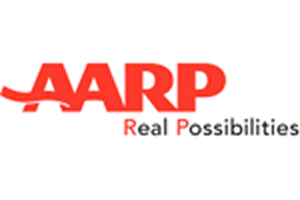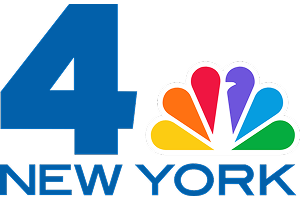800.696.9529
Suffolk County Debt Settlement
Having past due bills can be quite stressful. In addition to knowing that you owe your creditors money that you are unable to pay, you also may have to deal with past due notices in the mail, constant calls from debt collectors, lawsuits, damage to your credit score, and the possibility of foreclosure or wage garnishment. While it may be tempting to simply ignore demands for payment, there are other options for debt relief. Instead of ignoring your debt it is better to consider solutions that would result in the debt being paid or eliminated with minimal impact to your credit rating. One such option is debt settlement. Debt settlement is the process of negotiating with your creditors payment arrangements that would allow you to pay less than the total amount that you owe. If you are faced with significant debt that you are unable to pay, an experienced Suffolk County Debt Settlement Lawyer may be able to help you negotiate with your creditors new payment terms that will allow you to eliminate your debt in a more manageable manner.
What is debt settlement?
Debt settlement is the process of negotiating with your creditors to reduce the amount of debt. Under a debt settlement agreement your creditor agrees to accept a lump sum payment of less than the total amount that you owe. Typically the negotiated amount is 50% or less of the overdue balance. The benefit to the creditor is that instead of waiting for you to pay the entire amount owed or instead of going through the process of suing you to get paid, the creditor would get some of the money owed relatively quickly. A creditor is more likely to agree to debt settlement if the creditor feels as if it is not likely to otherwise get paid. As long as you stick to the new repayment terms, the creditor will not be legally permitted to require you to pay the amount that was forgiven under the terms of the debt settlement agreement.
What types of debts can be settled?
While many types of debt can be settled through negotiation, there are some types of debts that cannot be settled. Debt settlement negotiations are more successful with unsecured debts. Examples of unsecured debts include cell phone bills, past due utility bills, credit card bills, retail store accounts, unsecured personal loans, medical bills and balance owed after an auto repossession.
Debts that typically cannot be settled through conventional debt settlement negotiation include the amount owed on your apartment lease, court-ordered child support or spousal support, criminal fines and penalties, and government-backed student loans and secured loans such as a mortgage.
Successful debt settlement may be a way to avoid wage garnishment, foreclosure, repossession, bankruptcy and bank account levy. However, successful debt settlement requires the understanding of negotiation strategy and the important terms of settlement that you need to negotiate. Furthermore, if you settle your debt for less than the balance owed, there may be tax consequences that an experienced Suffolk County Debt Settlement Lawyer will be able to explain. The staff at Stephen Bilkis & Associates, PLLC has extensive experience helping clients eliminate debt, responding to creditors’ claims, filing for chapter 7 and chapter 13 bankruptcy, and dealing with other issues related to debt relief. Contact us at 800.696.9529 to schedule a free, no obligation consultation regarding your debt issues.












